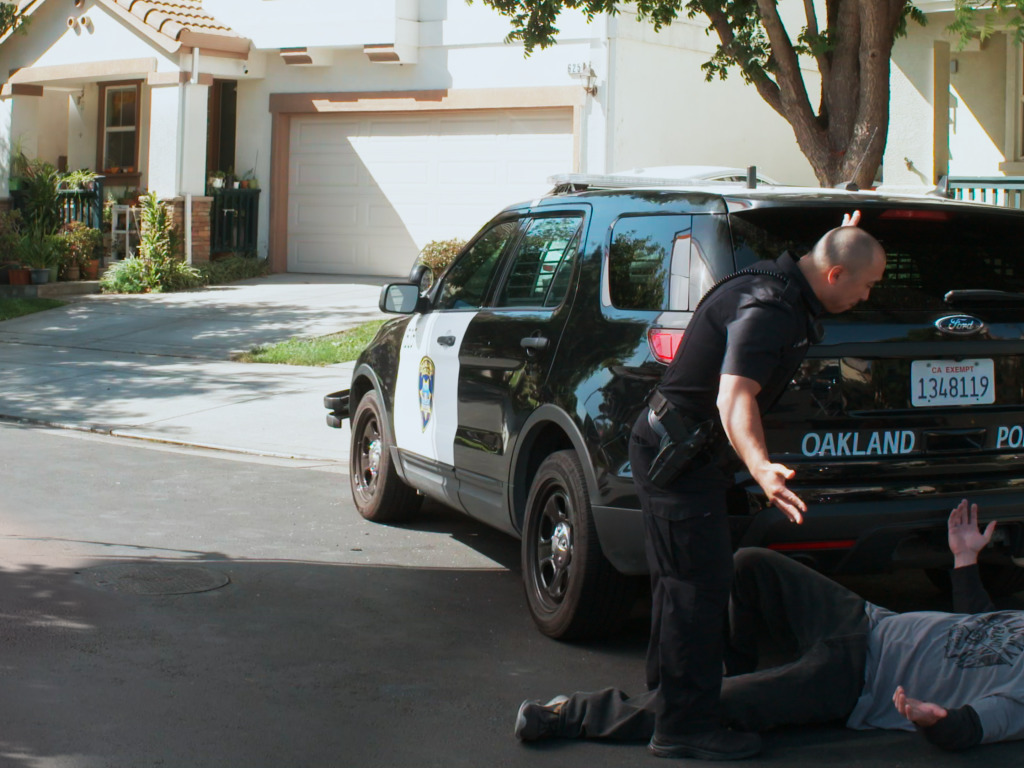
There’s no such thing as a professional bystander. You can’t consider yourself a “professional” if you aren’t going to take action when you see something wrong being done by a co-worker. In law enforcement, your failure to intervene could result in discipline, losing your job, being sued civilly or even being charged criminally.
Not only can this affect the individual officer, but it also has a direct effect on the public perception of law enforcement as a whole. These types of incidents thrusts law enforcement into the national spotlight. A spotlight that has played a role in American’s confidence in law enforcement dropping to 48%.
What does it mean to fail to intervene? In a nutshell, it means that an officer who purposefully allows a fellow officer to violate a person’s Constitutional rights may be prosecuted for failure to intervene to stop the Constitutional violation. (Department of Justice, n.d.)
The next question you might have is, “Who does this apply to?” When it comes to an officer’s duty to intervene, courts have stated that it applies to EVERY officer of EVERY rank, including all levels of command staff. (Putman v. Gerloff, 1981). The duty to intervene even carries across situations that might involve officers from different agencies working together.
Courts recognize that not all situations can be stopped by an intervening officer. For example, an officer that runs up to a suspect and punches them before you even had time to realize what was happening. In cases like this, courts recognize that an officer does not always have an opportunity to stop the other person’s action. While you may not be able to stop the action when it occurs, you still must follow through with reporting the unconstitutional act in an appropriate and timely manner.
Failing to take action is only half of this discussion. The other half must deal with HOW you should take action. Many officers have never been exposed to this type of training, so they are unsure on what their options are, as well as what their obligations might be.
But don’t worry, VirTra has you covered!
In our upcoming V-VICTA® curriculum, “Duty to Intervene: No Such Thing as a Professional Bystander,” we will give your agency all the tools needed to work through or even avoid a circumstance where officers need to intervene.
You will learn how having the correct policies in place can help avoid these types of situations. It also discusses the types of training officers should stay up to date on, as well as best practices that have worked in other agencies.
Included with the curriculum is a set of custom-made videos for students and instructors to watch and discuss how they would handle what occurred in the videos. There will also be brand new scenarios that were designed around the duty to intervene training. The new scenarios include a vehicle contact, a suspicious person, and a large-scale protest. The entire course can be done within your VirTra simulator and can provide your officers with 2 hours of IADLEST certified training.
Stay Safe. Stay Dedicated.
References
- Department of Justice. (n.d.). Law Enforcement Misconduct . Retrieved from The United State Department of Justice: https://www.justice.gov/crt/law-enforcement-misconduct#intervene
- Putman v. Gerloff, 1981 Tanner v. San Juan County Sheriff’s Office, 2012; Randall v. Prince George’s County, 2002
Recently Published
Join Our Newsletter







